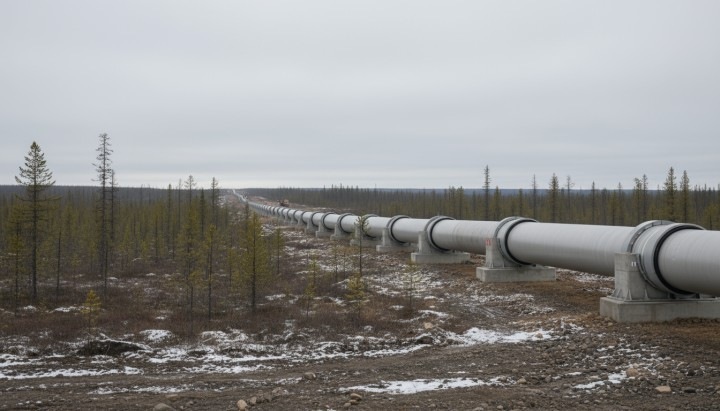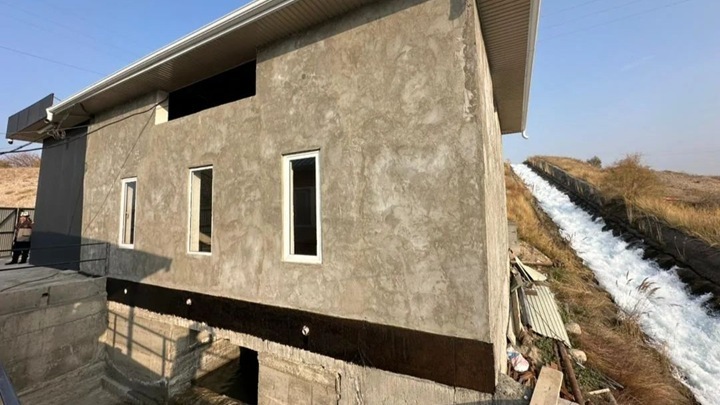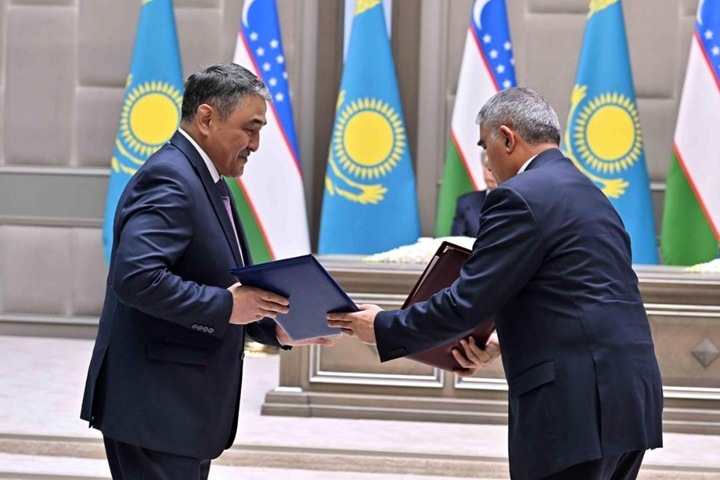The Russian Academy of Sciences is reviving the Soviet project of “turning” the Siberian rivers
The Russian Academy of Sciences has returned to discussing one of the most ambitious projects of the Soviet era – the transfer of part of the runoff of Siberian rivers to the regions of Central Asia. At a meeting of the Scientific Council of the Department of Earth Sciences of the Russian Academy of Sciences, the possibility of working out the scientific component of the project, which involves the construction of water pipes from the Ob River to Uzbekistan to combat the growing shortage of fresh water, was considered. The initiator of the research is the Academy itself, which plans to propose to the Ministry of Education and Science of the Russian Federation to include funding for relevant research projects in the state plan, RBC reports.

The current concept is significantly different from its Soviet predecessor. If in the 1970s and 1980s it was a question of building a giant open channel, now scientists are considering the option of creating a closed pipeline system from modern polymer pipes. As Lev Gorilovsky, Chairman of the Board of Directors of Polyplastic Group, noted at the meeting, this technology will minimize water losses, eliminate the risks of evaporation, flooding and salinization of soils. At the first stage, it is proposed to build a system capable of transferring about 5.5 billion cubic meters of water annually, which is no more than 1.6% of the annual runoff of the Ob River and will not disrupt the natural water balance of the region.
The idea of “turning rivers” originates in the Soviet past. Then the project, which was worked on for about 20 years, pursued the goals of not only providing water to Kazakhstan, Uzbekistan and Turkmenistan, but also water supply to small towns in the Urals, as well as opening shipping from the Kara to the Caspian Seas. However, in 1986, the Politburo of the CPSU Central Committee decided to stop work. Scientists of the Russian Academy of Sciences, analyzing that experience, came to the conclusion that, despite the high scientific level of individual developments, the project had significant drawbacks in terms of assessing environmental consequences and turned out to be unbearable for the Soviet economy.
The relevance of the project today, according to the participants of the meeting, is due to the global water crisis. For Central Asian countries, the shortage of fresh water has become the main factor constraining economic growth. Academician of the Russian Academy of Sciences Robert Nigmatulin stressed that water scarcity in the region leads to desertification and a drop in yields. At the same time, according to him, there is an excess of water resources in Siberia due to climate change – the runoff of Siberian rivers is steadily increasing, which increases the melting of permafrost. This “surplus” of water is proposed to be used to solve the problems of neighboring countries and reduce the heat load on the Arctic.
The implementation of such a large-scale project will require enormous investments. According to the project manager of the consulting company “IES Engineering and Consulting” Dmitry Sozonov, based on world analogues, the total amount of investments can start from $ 100 billion, and the payback period at a tariff from $ 0.3 to $ 1 per cubic meter will be about 35 years. The minimum construction period of key facilities is estimated at ten years. The project is fraught with difficulties, including the coordination of the route with several states, bureaucratic procedures and difficult conditions for laying in the highlands.
At the moment, the project of transferring Siberian rivers is at the stage of a scientific initiative. The relevant departments, including the Ministry of Natural Resources, have not received design and estimate documentation. Scientists are just beginning to study the issue in order to assess all the possible consequences and economic feasibility of reviving one of the most ambitious ideas of the past in a new technological version.
Original (in Russian): Российская Академия наук реанимирует советский проект «поворота» сибирских рек


